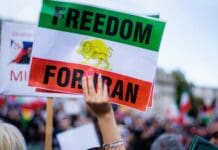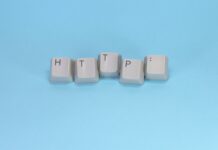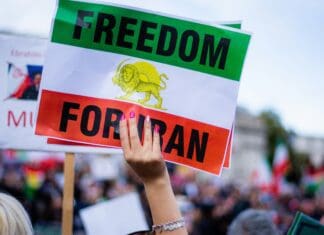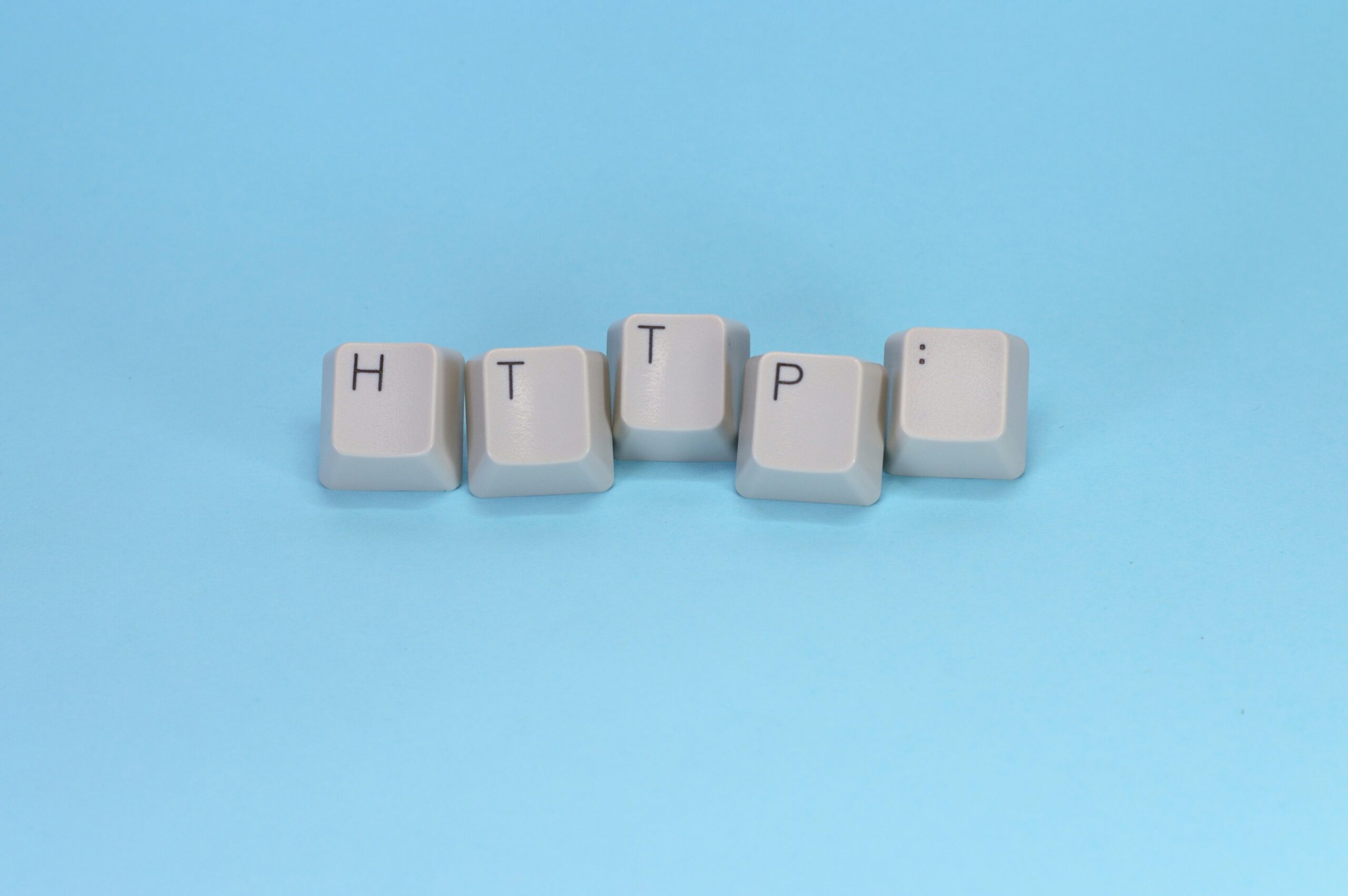This post is also available in:
 עברית (Hebrew)
עברית (Hebrew)
The use of COVID-19 contact tracing apps around the world have raised questions of user privacy since the first were launched last year.
A recent policy shift in Singapore raises concerns about data misuse in this country, where the tracer’s privacy policy was changed to clarify “how the Criminal Procedure Code applies to all data under Singapore’s jurisdiction.”
Local police will be able to access data collected by Singapore’s covid-19 contact tracing system for use in criminal investigations, a senior official said. The announcement contradicts the privacy policy originally outlined when the government launched its TraceTogether app in March 2020 and is being criticized as a backpedal just after participation in contact tracing was made mandatory.
Officials said that while according to policy data would “only be used solely for the purpose of contact tracing of persons possibly exposed to covid-19,” the legal reality in Singapore is that police can access any data for criminal investigations — and that contact tracing data was no different.
TraceTogether, which is accessed via a smartphone app or a small wearable device, is used by nearly 80% of Singapore’s 5.7 million residents. It was the first of the major Bluetooth contact tracing apps unveiled in the spring of 2020, and it stores data in a more centralized way than the Apple-Google system used in many other places around the world.
Participation in contact tracing was once voluntary, but the government rolled that back late last year, and there are now mandatory check-ins at most places where people work, shop, and gather.
The use of spying products on citizens during a pandemic has been the topic of one of the panel discussions at the INNOTECH 2020 Conference on Cyber Innovation and Homeland Security – watch:
According to technologyreview.com, Singapore’s case isn’t the first time the use of contact tracing data has intersected with law enforcement. Last July, German restaurants, bars, and patrons raised objections when it was reported that police used information collected in contact tracing to track down witnesses in investigations. And in late December 2020, New York governor Andrew Cuomo signed a law that prohibits law enforcement and immigration authorities from accessing contact tracing data.
The news from Singapore aligns with what privacy advocates have been saying for some time – that surveillance technology created during the pandemic might be used for other purposes. That may be one of the reasons so many people around the world are reluctant to use tracing technology.


























